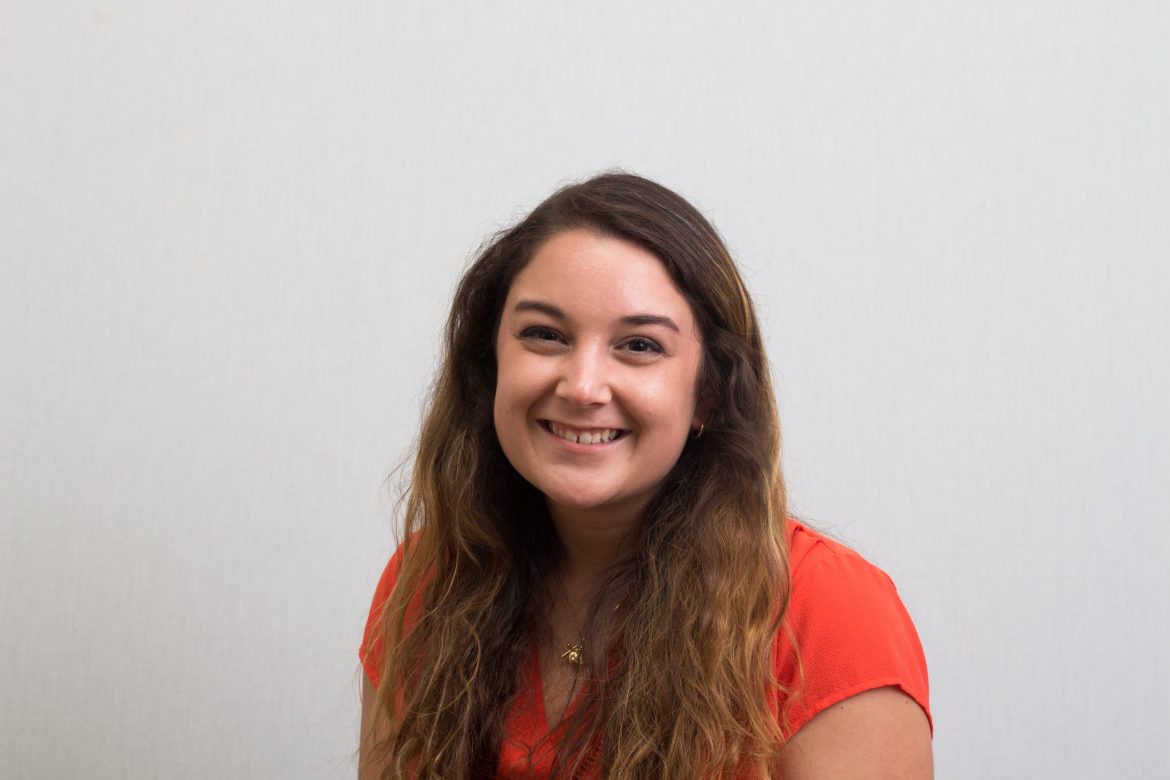“Give me money. I am poor,” the young Rwandan boy said to me. It was not even a question; it was a demand, an expectation.
A few other Harding students and I were walking to a nearby coffee shop after our last Rwandan church service. We wanted to make sure we were caffeinated before hopping on a motorcycle taxi to pack our bags for our return home.
For three weeks we had been teaching conversational English with AfricaReads, a nonprofit built by Harding professors to teach English in Rwandan schools. For eight hours a day, we sang and danced around a 90-degree classroom with smiling, energetic elementary students. It’s amazing how many times a group of Kinyarwandan-speaking third-graders can sing “Head, Shoulders, Knees and Toes” without getting tired of it.
Our students adored their white teachers. They hugged us and held our hands. They would fight over who would get to play “patty-cake” with us on the playground and played with our mysteriously soft, long hair.
We would receive several notes throughout the week. They had virtually no school supplies, but sometimes a graph-paper notebook and pencil would appear on a desk. They would use these to write us notes, trying their best to spell our names and express thankfulness in broken English. Several of them read “peace in America” and other glamorized views of the U.S.
I found these notes ironic. They did not know about the Civil Rights conflicts, opioid epidemic or heated election that were occurring in the U.S. They did not know about the high rate of suicide or broken families. They only knew there were white people there, and that they had big homes with electricity and running water.
The closest encounters these children have with the U.S. is when Harding students come in to teach once a year. If they went into downtown Kigali, they may see a few white people roaming the streets or missionaries at the market — but for what other reason would an American come to Rwanda if not to donate money or provide services to a country labeled as a developing nation?
I wonder if some of our students admired us simply because we were white — because they thought we would give them money.
After the Rwandan Genocide in 1994, the country’s economy has grown each year. Rwanda has one of the leading economies in Central Africa, according to the World Economic Forum. However, the country’s development relies heavily on foreign aid rather than domestic economic development. The World Bank reported 30 to 40 percent of its financial budget comes from other countries, a significant sum that determines the economic growth and stability.
Just a quick Google search for U.S. nonprofits in Rwanda will generate hundreds of organizations within the small country. Rwanda — one of more than 100 developing nations — has formed a dependency on the foreign aid. The children I spent time with in Rwanda seemed to understand that white people — most notably from the U.S. — are main contributors to their country’s success. They are aware of the efforts made by foreign governments not to stop genocide, but rather to help rebuild the country afterwards, as if apologizing for their lack of interference.
“Give me money. I am poor,” the boy said to me.
Maybe he expected me to give because my skin color gave me away as a foreigner, as a money-giver. I only had enough Rwandan francs for a single cup of coffee. I turned him away, knowing he could find whatever he needed without relying on the white woman.
